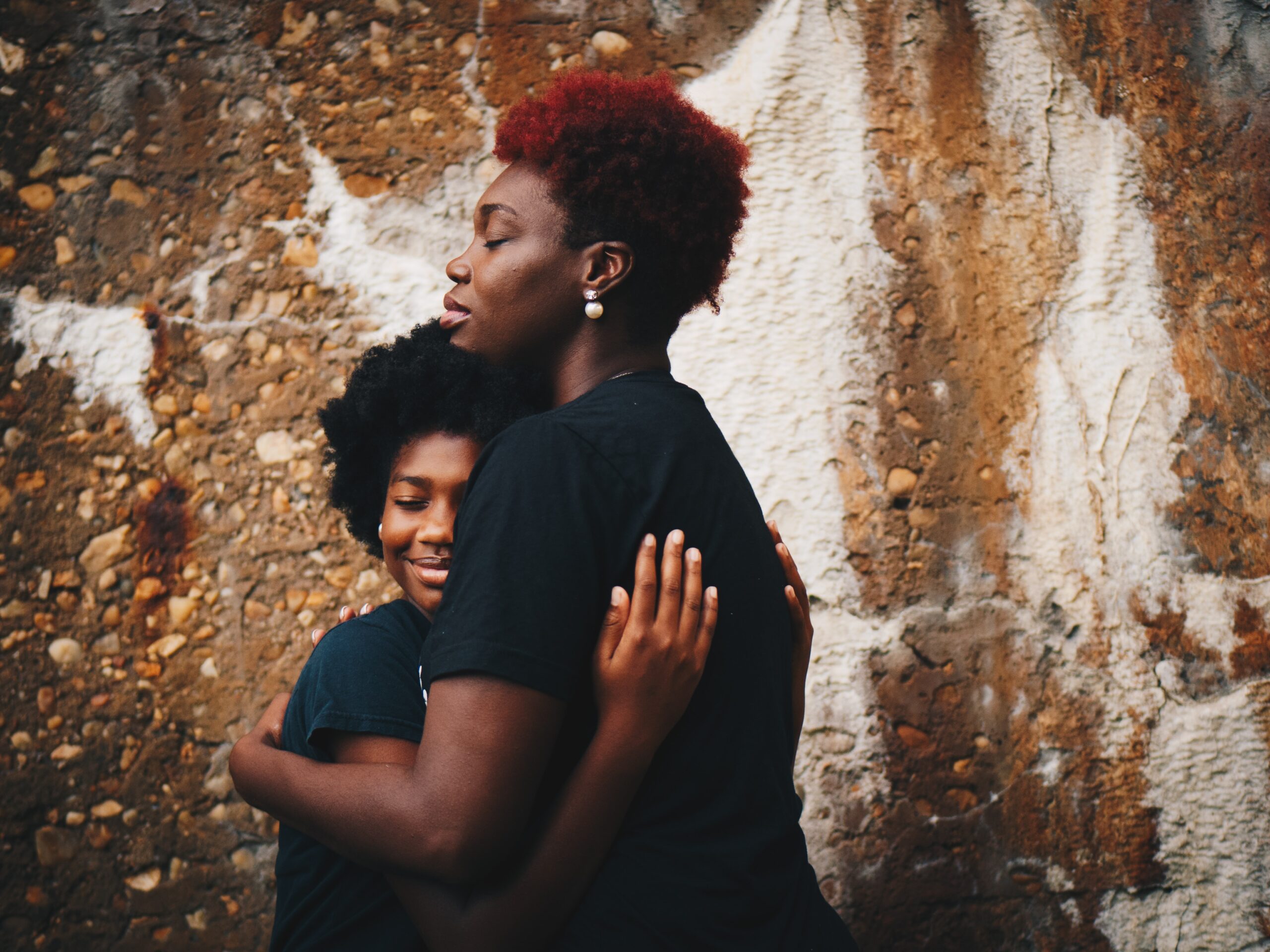As we enter another new school year, this time with the looming COVID-19 Delta variant, we know that parents and caregivers are anxious about masking, vaccines, and virtual schooling, along with the normal back to school jitters. There are big question marks around every corner.
Kids have lots of questions, too, and not just about COVID-19. They’re worried about fitting in, making friends, and learning from new teachers. And as kids reach a certain age, they also notice changes in their bodies – not just physically, but emotionally and mentally, too.
At the Alabama Campaign, we believe that parents and caregivers are the starting players in conversations about relationships and sexuality. Teachers, religious leaders, and other trusted adults should reinforce those messages received at home. But so often we hear that parents don’t know what to say or where to begin. Here are five topics of conversation that should be on repeat throughout your child’s life.
- Healthy relationships: Young people need to see healthy relationships modeled for them, and not just romantic relationships. Healthy relationships are those with mutual respect, trust, support, honesty, accountability, shared power, good communication, and non-threatening behavior. You can help your child pick out these qualities, or the opposite, in the media they consume and the relationships they see at school.
- Consent: Consent is a simple concept and one that can be implemented daily in almost every human interaction. Our goal is to let our children know that their bodies are their own, that they set the boundaries for their body, and that they should respect the boundaries set by others. Everything from a friendly hug to a sexual experience should have enthusiastic consent. Even posting photos on social media!
- Medically accurate language: Though it may make some adults uncomfortable, using medically accurate names for all body parts, including genitals, is important. It is a protective factor in preventing child sexual abuse. It ensures clarity with a medical provider. And all people, even young people, have a right to know their bodies and how they function.
- Gender and sexual orientation: Gender identity is how we define and describe who we are, both between and outside of the spectrum of woman and man. Sexual orientation is how we define who we are attracted to. Kids will see many representations of gender and relationships from their peers, teachers, and the media they consume. It’s our job as parents to teach them that all people deserve respect and kindness.
- STI and pregnancy prevention: As a parent, you don’t have to know all the latest information on these topics – there are many reputable internet sites that can fill in the gaps – but knowing the basics is helpful. Abstinence is the only 100% effective way to avoid pregnancy. Condoms are effective at preventing STIs (including HIV) and unplanned pregnancy as long as they are used correctly and consistently. There are many birth control options, both hormonal and non-hormonal, and a medical provider can help navigate those options. The HPV vaccine prevents cervical, vaginal, and oral-pharyngeal cancers and is recommended for everyone starting at age 9.
The Alabama Campaign is here to help with additional information and resources. You can find us on Facebook, Twitter, or Instagram at @AlabamaCampaign, or visit our resource page for additional parent/caregiver resources.
Featured Photo by Eye for Ebony on Unsplash

